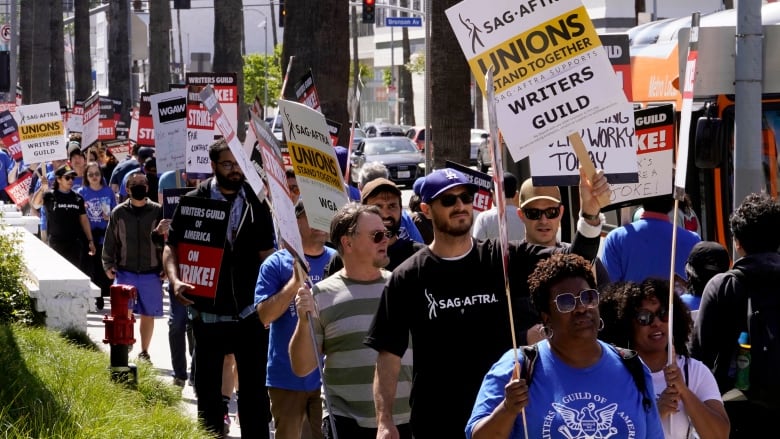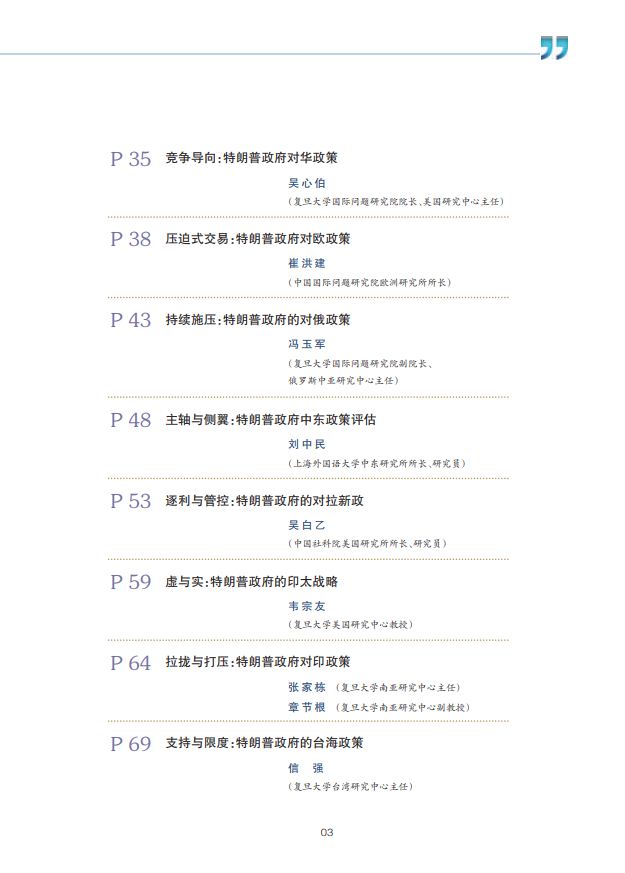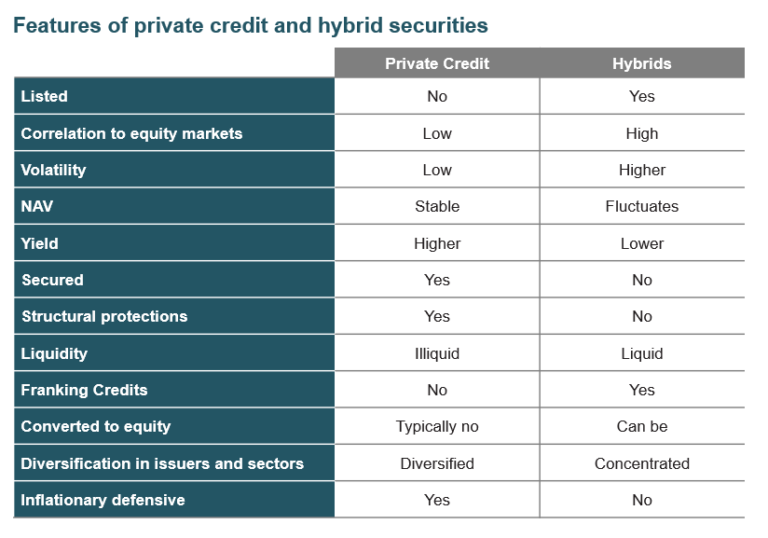The Hollywood Strike: Actors And Writers United In Unprecedented Action

Table of Contents
The Core Issues Fueling the Hollywood Strike
The Hollywood strike isn't simply about money; it's about fundamental changes to the industry and the future of creative work. Several core issues have fueled this unprecedented joint action by Hollywood writers and actors.
Fair Wages and Residuals in the Streaming Era
The traditional model of television and film compensation is fundamentally broken in the streaming age. Actors and writers are demanding fairer residuals—payments made to them each time their work is shown—reflecting the increased viewership and longevity of content on platforms like Netflix, Disney+, and HBO Max. The shift from traditional broadcasting to streaming has drastically altered revenue streams, leaving many creatives undercompensated despite the massive success of many streaming shows.
- Lack of transparency in streaming viewership data: Studios often withhold crucial data on viewership numbers, making it impossible for actors and writers to accurately assess the value of their contributions.
- Inadequate residual payments for streaming platforms compared to traditional broadcast: Streaming residuals are significantly lower than those received from traditional broadcast television, despite often higher viewership numbers.
- Calls for a fairer share of streaming profits: The unions are demanding a larger share of the immense profits generated by streaming services, reflecting the value of the creative work that drives their success. This is a key element of the actors' strike and the writers' strike.
The Threat of Artificial Intelligence (AI)
The use of AI in generating scripts and creating deepfakes is a major concern for both writers and actors. This isn't about Luddism; it's about ensuring human creativity isn't replaced or exploited by technology. Concerns exist regarding the potential replacement of human talent with AI, eroding job security and devaluing the unique skills of writers and actors. The unions are demanding safeguards to protect creative work from AI exploitation.
- Demands for strict regulations on the use of AI in scriptwriting and performance generation: The unions are pushing for clear guidelines and regulations to prevent the unchecked use of AI to replace human writers and actors.
- Negotiations for fair compensation for the use of actors' likenesses and voices through AI: Actors are rightly concerned about the unauthorized use of their likeness and voice through AI deepfakes, demanding compensation for this exploitation.
- Concerns about AI's potential impact on job security for writers and actors: The widespread adoption of AI in the industry threatens the livelihood of countless writers and actors, leading to significant anxieties about job security.
Working Conditions and Health & Safety
Beyond financial issues, the Hollywood strike addresses crucial concerns about working conditions and health and safety on set. Long working hours, inadequate breaks, and insufficient safety measures have long plagued the industry. The unions are advocating for significant improvements in these areas.
- Demands for reasonable working hours and adequate rest periods: The unions are pushing for regulations to ensure actors and writers receive adequate rest and prevent burnout.
- Improved on-set safety protocols: Better safety standards and training are needed to ensure the well-being of everyone working on film and television sets.
- Access to mental health resources for actors and writers: The stressful nature of the industry demands access to readily available mental health resources for those working long hours under pressure.
The Impact of the Hollywood Strike
The Hollywood strike is causing significant disruptions throughout the entertainment industry. The ripple effects are far-reaching, impacting numerous related industries and raising concerns about the long-term health of Hollywood.
-
Production delays on major film and television projects: Numerous high-profile projects have been put on hold, leading to uncertainty for studios and networks.
-
The economic impact on related industries: Industries reliant on film and television production, such as catering, transportation, and post-production, are experiencing significant economic hardship due to the work stoppage.
-
The potential long-term consequences for the industry and creative workforce: The prolonged strike raises concerns about the future of the industry and its ability to attract and retain top talent. The resolution of this actors' strike and writers' strike will determine the long-term trajectory of Hollywood.
-
Bullet Points:
- Postponed film and TV releases are impacting box office revenues and streaming schedules.
- Job losses for crew members and other industry professionals are escalating the economic consequences.
- Uncertainty surrounding future production schedules is causing widespread anxiety across the industry.
- Potential shifts in the industry landscape—including a potential shift towards independent productions—are being considered.
Potential Resolutions and Future Outlook
The outcome of the strike remains uncertain, with ongoing negotiations between the unions and the Alliance of Motion Picture and Television Producers (AMPTP). Potential scenarios include a compromise agreement or a prolonged standoff, both with significant implications for the future of the industry.
- Analysis of potential compromise solutions: Various potential solutions are being discussed, balancing the needs of the unions and the economic concerns of the studios.
- Discussion of possible concessions from both sides: Both the unions and the studios may need to make concessions to reach an agreement that addresses the core issues.
- Predictions for the long-term implications of the strike: The long-term impact on the industry will significantly depend on the terms of the eventual settlement.
Conclusion
The Hollywood strike, uniting actors and writers in unprecedented action, highlights deep-seated issues within the entertainment industry. From fair compensation in the streaming era to the growing threat of AI and the need for improved working conditions, the core concerns demand immediate attention. The resolution of this strike will significantly shape the future of Hollywood, impacting not only the creative workforce but also the very fabric of the entertainment industry. To stay updated on the latest developments and learn more about the ongoing struggle for fair wages and working conditions in Hollywood, continue following news and updates related to the Hollywood strike. Keep informed about the actors' strike and writers' strike to understand the lasting impact on the industry and the fight for a better future for those who create our entertainment.

Featured Posts
-
 Exploring The Countrys New Business Opportunities By Region
Apr 22, 2025
Exploring The Countrys New Business Opportunities By Region
Apr 22, 2025 -
 1 Billion On The Line Harvard And The Trump Administrations Conflict
Apr 22, 2025
1 Billion On The Line Harvard And The Trump Administrations Conflict
Apr 22, 2025 -
 5 Dos And Don Ts For Landing A Private Credit Job
Apr 22, 2025
5 Dos And Don Ts For Landing A Private Credit Job
Apr 22, 2025 -
 The Future Of Nordic Security A Collaborative Approach By Sweden And Finland
Apr 22, 2025
The Future Of Nordic Security A Collaborative Approach By Sweden And Finland
Apr 22, 2025 -
 Google Faces Further Scrutiny Doj Returns To Court
Apr 22, 2025
Google Faces Further Scrutiny Doj Returns To Court
Apr 22, 2025
